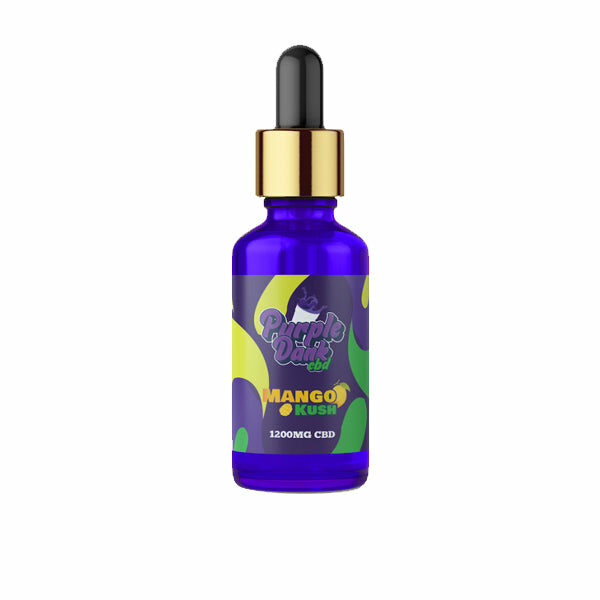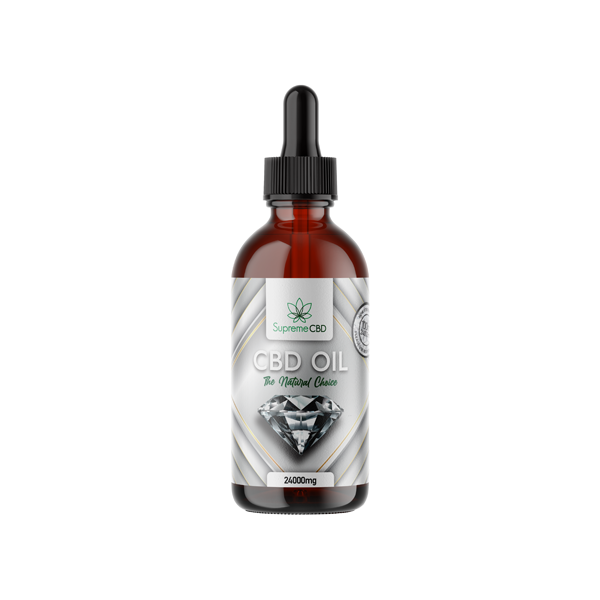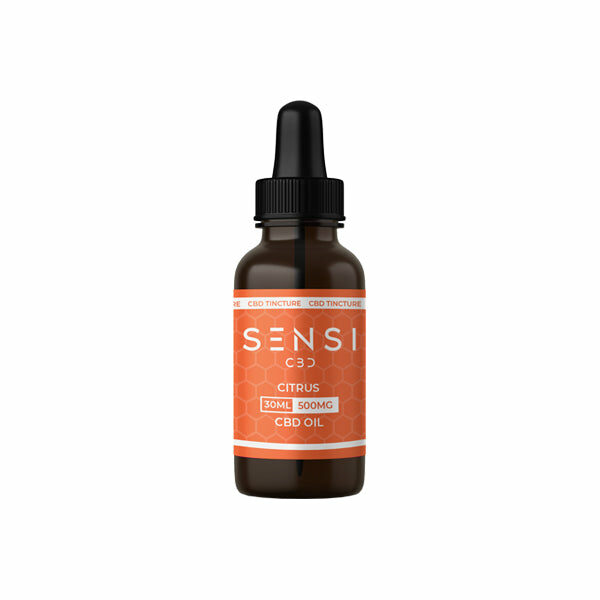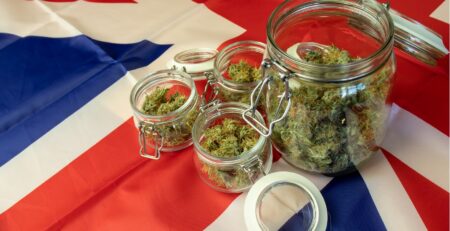What Is Hemp Oil?
The Origin Of Hemp Oil
Hemp, or Cannabis sativa, is a plant native to central Asia, ranging in the wild from Northern India and Nepal to eastern Turkey. It has been cultivated for its strong fibres, edible seeds, and medicinal oil for at least 2,500 years. Hemp has been grown and used outside its wild native range for almost as long: Ancient Greece, The Netherlands, and Egypt all have examples of human burials with hemp alongside the deceased.
Hemp – An Ancient Crop
At the excavation of the Yanghai Tombs in Xinjiang, China, the grave of a shaman was uncovered, and he was buried with a stash of Cannabis sativa – hemp – plants in a wicker basket. These have been Carbon-14 dated to around 500 BC and are purported by archaeologists to have been used for medicinal purposes – due to the other implements buried alongside the Yanghai Man. More hemp has been uncovered at a number of other sites, throughout Asia, Africa, and Europe showing that it has been grown, used, and selectively bred by humans from this period to the present. Despite the onset of modern agriculture, hemp still needs little to no pesticides, weeding, or fertilizers to grow, and this gives it a positive environmental impact.
CBD Oil Vs Hemp Oil
People often get confused when others start talking about these two. Hemp oil or hemp seed oil as it can be called sometimes is derived from the seeds of the hemp plant only. Whereas cannabidiol oil is derived from the cannabis plant. There is also a host of differences in the benefits of the two oils.
Hemp Seed Oil
Hemp seed oil has no cannabinoids. Not CBN, CBD or THC. Many people now are calling it a superfood because of its amazing nutritional value. Hemp seed oil is a cold-pressed extract from hemp seeds. It can also be a really great moisturizer and can also soften the skin. It won’t clog your pores and it won’t make your skin oily. It goes by a couple of names on some product labels such as hemp oil, virgin hemp oil, hemp seed oil and cannabis sativa (hemp) seed oil.
CBD Oil
CBD is a component of the cannabis plant. Most people talk about the anti-inflammatory benefits that it has and take CBD oil to get some pain relief. It can give people a sense of calmness that they normally wouldn’t have. CBD is a potent anti-inflammatory antioxidant. It was shown in studies that CBD could reduce lipid product from the sebaceous glands. On the labels of CBD hemp rich oil products you will see it called CBD, hemp CBD or phytocannabinoid-rich hemp oil. You might be starting to see why there are so many people out there, consumers and suppliers, that are so confused by hemp seed oil and CBD oil.
Benefits of Hemp Oil
Understanding these differences in their benefits could be key to whether you see any changes when you take cannabidiol or hemp oil. Hemp oil has so many benefits it would be near impossible to name them all.
- High in Omega 3 and 6
- Contains Essential Fatty Acids
- High in Antioxidants
- Great for Skincare
Benefits of CBD Oil
While there needs to be more research to confirm the benefits of CBD oil there is a tremendous amount of anecdotal evidence that suggests that CBD oil can be taken to help bring relief for a variety of different ailments and conditions.
- Pain Relief
- Helps with Anxiety and Depression
- Aids with Eczema
- Helps with Sunburn
While it won’t be a huge problem if you mix up hemp seed oil and cannabidiol oil you might not get the results you were hoping for. When your purchasing either of these you should look at how their ingredients are sourced. Also, keep a lookout for third party laboratory testing because if the company your buying from doesn’t do it then that should be a big red flag for you.
Cultural Significance of Hemp
Hemp was one of the major sources of cordage and ropes throughout its central Asian range, and in Europe, until the advent of plastics in the 20th century. In fact, the word “hemp’ itself is derived from the Old English word ‘haenep’. This indicates the length of time that hemp has been known to European cultures. Its medicinal benefits have long been appreciated by cultures as diverse as ancient India and Victorian England, where it has been claimed that Queen Victoria herself used cannabis medicinally. Hemp seeds and oil have been discovered in what appear to be medicinal contexts at ancient sites in The Netherlands, Egypt, China, Greece and the medieval Islamic world.
READ MORE: Learn About Cannabidiol (CBD Oil)
Asia
Due to its oil, hemp oil has always been an important plant for the human cultures that have grown it. The medicinal purpose of its oil, along with the usefulness of its fibres are well studied. It has been a sacred plant to Hindus in northern India and to Nepalese folk religion for centuries.
It is here prepared into bhang, effectively a cannabis milkshake, to be consumed at religious festivals, and to treat ailments as far apart as sunstroke, fever, and lisping, as well as to aid digestion and appetite. This tradition of medicinal cannabis usage in Asia continued from as long ago as the Yanghai shaman through to its modern usage by mystics and devotees in India, Nepal, and surrounding areas.
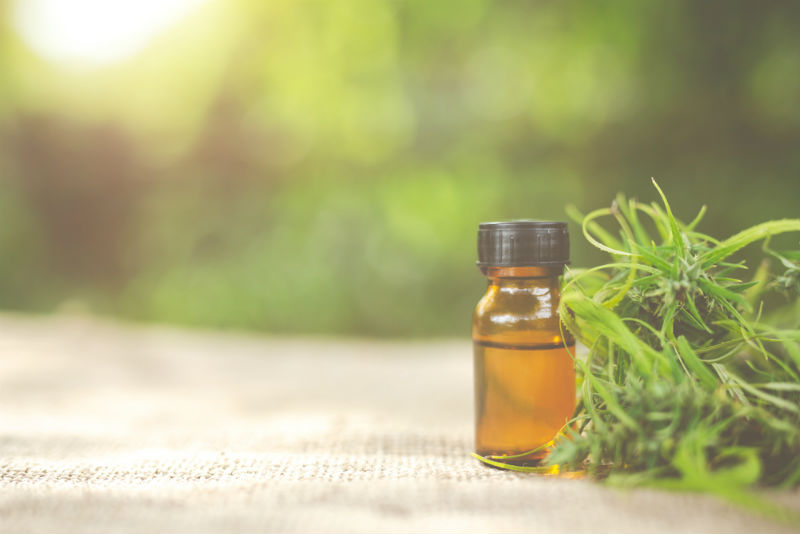
Europe and the US
Due to its use in the ropes and cords of sailing ships, hemp was often seen alongside oak as an important material in the construction of navies – and so had enormous cultural significance to the people of most European nations during the age of sail. Hemp was then seen as something that helped to hold the fabric of the nation together.
The significance of hemp to modern subcultures, such as the Hippy and Beatnik cultures, has been well documented. During the 20th Century, a significant taboo built up around the plant, but this has since begun to subside with recent research into the benefits of CBD.
Hemp’s Resurgence
Recent years have seen a worldwide explosion of interest in hemp oil and its derivatives, as the largely unfounded cultural taboo around its source plant has subsided. Medical research has uncovered some of the possible beneficial applications of this substance. A plant material that has been thought for millennia to be medicinal, is being explored scientifically and the results are promising.
Conclusion
So there you have it! Now there shouldn’t be any confusion about hemp oil and how it related to CBD oil. Hopefully, we have answered the question, what is hemp oil? If you have any further questions, whether it be about cannabis sativa, hemp seed oil, the hemp plant or even fatty acids then please let us know and we will try to answer you as quickly as possible.

